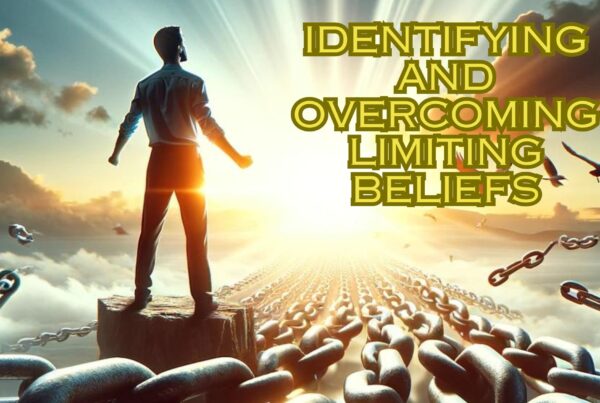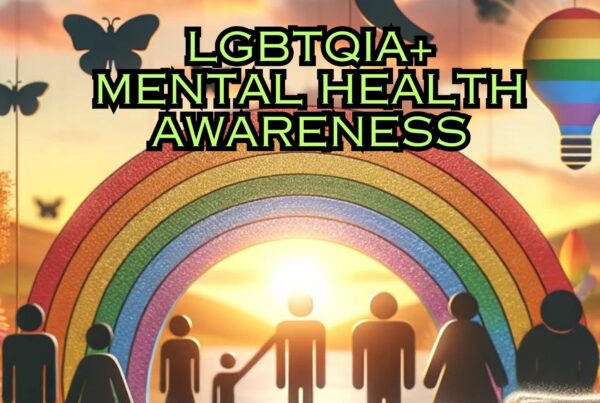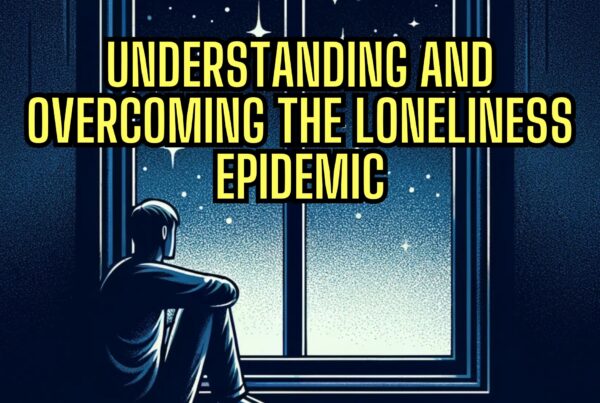Loneliness and Health in Australia: Unpacking Its Impact and Finding Solutions
The Often Ignored Epidemic of Loneliness
Loneliness in Australia isn't just a social issue; it's a public health crisis. One in four Aussies reports feeling lonely, and this isn't something to brush under the carpet. Serious physical and mental health implications are associated with loneliness, showing that it's far more than just an emotional state.
A Deep Dive into the Mental Strain
Loneliness doesn't just make you feel blue; it wreaks havoc on your mental health. Elevated stress levels and increased susceptibility to depression are often seen. The brain, it turns out, processes social isolation similarly to physical pain, making it a deeply ingrained psychological issue.
When the Mind Affects the Body
While the emotional impact is well-known, not much attention is given to how loneliness affects your physical health. Increased stress hormones, blood pressure, and even heart issues can stem from prolonged loneliness. It's like a silent alarm bell, warning us that all is not well, but often ignored until it's too late.
Is Technology a Friend or Foe?
In today's digital age, you'd think staying connected would be easy. Yet, scrolling through social media feeds can make people feel more isolated than ever. Although technology offers a way to stay in touch, it can also become a trap that heightens feelings of loneliness.
Age is More than Just a Number
It's a misconception that loneliness is a condition reserved for the elderly. In reality, young adults are among the loneliest groups in Australia. Whether it's the pressure to succeed, social anxiety, or feeling disconnected from peers, young Aussies are struggling in silence.
How Can We Address This Growing Issue?
Although the issue is multi-faceted, a one-size-fits-all solution doesn't exist. Individual and community-based interventions are critical. Psychologists and therapists can provide coping strategies for those grappling with chronic loneliness. Meanwhile, public awareness campaigns and community outreach can educate the masses on the true impact of loneliness.
The Pathway to Connection
Connection is the antithesis of loneliness, but it doesn't always require a crowd. Sometimes, a meaningful connection with just one individual can be transformative. Support groups, one-on-one therapy, and even online communities tailored to specific interests can offer respite from the crushing weight of loneliness.
The Stigma and How to Break It
Part of the problem is the stigma attached to admitting you're lonely. It's seen as a sign of weakness or social failure. But acknowledging loneliness is the first step towards addressing it. Society needs to shift its perspective and understand that it's a common issue affecting people from all walks of life.
The Government’s Role
While individual efforts are invaluable, systemic changes are also necessary. The government can play a significant role by funding public health campaigns and mental health services geared towards mitigating the impact of loneliness.
Book Your FREE Half Hour Consultation With Release Hypnosis NOW!
You may also like to read:
Breaking Addiction Through Counselling and Hypnosis
The Truth About Hypnotherapy and Smoking Cessation
Facts About Habits That Might Surprise You
What Does That Smoking Habit Want For You








